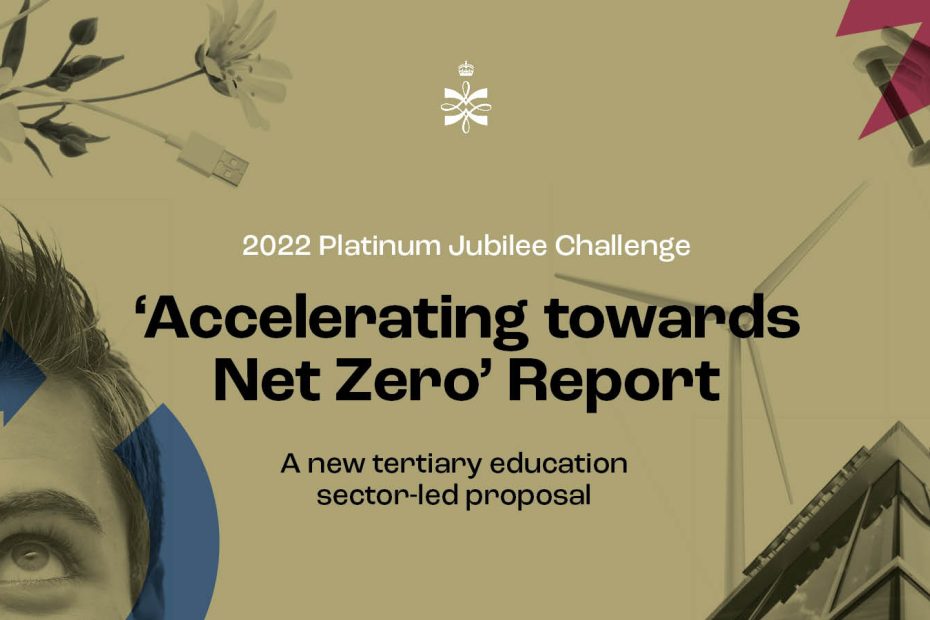SPECIFIC’s Active Classroom has been featured in the first Royal Anniversary Trust report, which outlines an ambitious roadmap for decarbonising the tertiary education sector.
Swansea University is the only university in Wales to be included in the “Accelerating towards Net Zero” report – the first of its kind which highlights target areas for emissions reporting and reduction. It proposes a new standardised carbon reporting framework which will enable all Further and Higher (FE and HE) institutions to measure, report and manage carbon emissions.
The report is the result of a year-long research project – The Platinum Jubilee Challenge – led by 21 HE and FE institutes from across the UK, which, like Swansea University, were recent winners of the prestigious Queen’s Anniversary Prize. It concludes with 14 clear recommendations to Government and priorities for the sector that will accelerate progress towards Net Zero.
Several Swansea University carbon reduction projects are incorporated in the report, including our Active Classroom. The Active Classroom is part of our Active Building demonstrator programme to show how buildings can generate, store, and release their own solar energy. Designed to be energy positive, the classroom involved 20 companies working together to test 8 new products and construction techniques.
Other Swansea University projects featured include:
- Student Challenge:
Selected and supported by the the Queen’s Platinum Jubilee Student Challenge Prize Fund, this student-led project aims to use existing university spaces for biodiversity and carbon capture. By producing materials to support wide-scale peatland restoration across the regional landscape, and creating onsite areas for growing native species, the project will improve habitats for carbon sequestration and nature. - ‘Gateway to Zero’:
This flagship project aims to reduce the off-campus indirect carbon emissions associated with the University’s travel and transportation by creating a renewably powered electrical and hydrogen storage hub for transport with charging infrastructure. In collaboration with private sector companies, local authorities, and other regional businesses, this first-of-a-kind hub would ecnourage the adoption of low-emission vehicles including H2 buses, which would be piloted on Swansea’s intercampus services. Significantly, the project would also facilitate a range of research and innovation activities. - Sustainable LEAF Labs:
Swansea University is adopting the LEAF (Laboratory Efficiency Assessment Framework) across its laboratories to improve their sustainability and efficiency.
Vice-Chancellor of Swansea University, Professor Paul Boyle said:
“Following our Queen’s Anniversary Prize award in 2021, I am delighted that Swansea is the only university in Wales to have featured in this flagship Net Zero challenge. Our research and campus operations teams have worked together on this exciting project, alongside other HE and FE institutions, to develop a framework for carbon reporting. The report demonstrates what is possible with effective collaboration and shared ambition, and provides a clear plan for our sector to achieve our critical Net Zero targets.”
Kristina Murrin, CEO of The Royal Anniversary Trust commented:
“Our ambition was to bring together the extraordinary winners of the Queen’s Anniversary Prizes to collectively tackle a tough shared challenge. The resulting report sets out a clear action plan for the tertiary education sector to accelerate progress to Net Zero, with recommendations for institutions and government. We are enormously proud of the proposed carbon reporting Framework – if adopted sector-wide, this will allow for consistent, transparent, and data-led decision making.”
